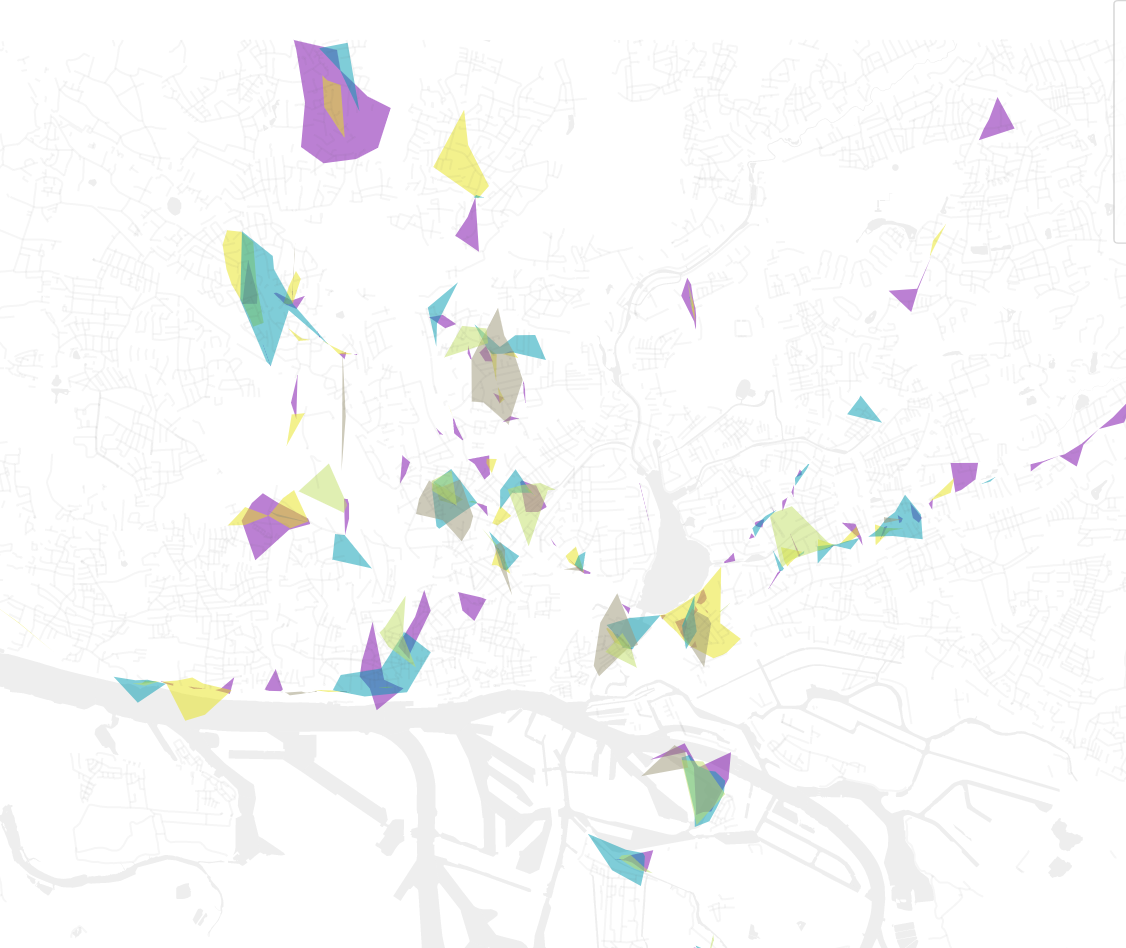Cities for Citizens: Identification of Public Value Conflicts in Urban Spaces
Rico Herzog
In the wake of the UN's Sustainable Development Goal 11 of more inclusive and sustainable cities, public officials aspire to include the values, needs and desires of the citizenry into urban planning. However, there is no attempt yet to empirically identify pluralistic values and their conflicts in an urban context. Leveraging natural language processing and spatial analysis methods for a quantitative analysis of geo-located participatory data as well as qualitative expert workshops, this research finds multiple conflicting public values within the case study of Hamburg, Germany. Building on these results, a new conceptual tool is proposed to better understand and utilize public values and their conflicts in urban space; thus contributing to both more inclusive and sustainable urban planning in the future.

